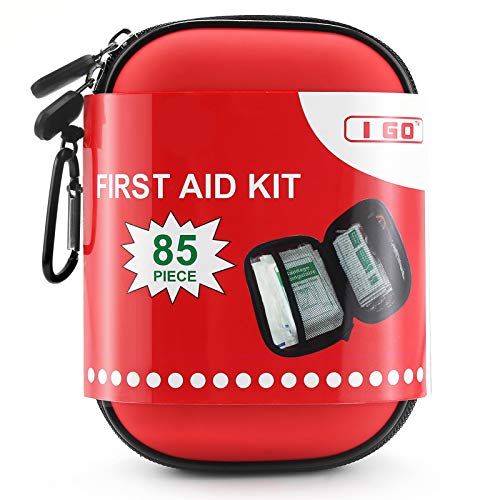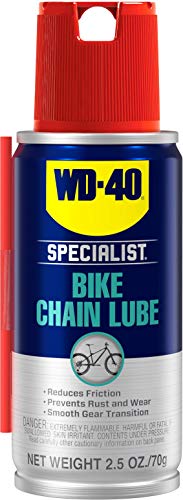^^^^ a GOOD arc weld looks better than mig....if it keeps sticking, turn the current up a bit more

but starting IS the hardest part... then coordinating travel speed with arc length as the rod gets shorter... practise makes perfect
yeah, arc welders are the cheapest , but have a bit of a learning curve to get good...but, once you are good, anything else is a piece of piss...ie, MIG/MAG or TIG....an eye for quality, and thinking a bit is the key.... once you can weld 1mm steel (exhausts)without burning through, youre an expert....
dc inverters are the easiest to use, but cost a heap.... ac is fine for most work.
MIGs have advantages, and disadvantages.... nothing worse than slipping wire feed or having the wire get jammed, crushing/kinking the main lead, etc etc etc...
look for something with 130 amps at least...bunnings welders will do... usually only 100 amps though... i find theyre no good for me, cause i got too much voltage drop from the 50metres of extension leads to my room/shed... which makes for a lot of sticking rods and swearing...plug em in near the meter box, and theyre good....
use the 2.5 mm rods for just about everything... 3.2 needs more current(100amps+) and are for heavier work... but theres general purpose rods, (6013?) high tensile rods, stainless steel rods(the easiest to use, and the most expensive to buy), cast iron rods(you cant use normal rods on cast) there used to be alloy rods(dont know, they may still be available) and thin arsed 1.6mm rods for sheet work... both obsolete thanks to MIG and TIG....2mm is the thinnest available now... then theres hardfacing rods for anything thats subject to wear.... manganese steel for things that get thumped a lot... the list goes on...low hydrogen, overhead welding, ac/dc, etc etc etc....
i did win a decent gas/gasless MIG from ebay for 200(usually went for 350...) thats been good compared to some ive seen and used.... either be prepared to pay a lot for gas(and always double, even triple check the tap when finished

), argon for alloy welding, argon co2 mix for steel, and straight co2 for cast iron(the little bottles from bunnings are a waste of time and money).... or use flux core wire...which will only do steel... but is pretty good for general work

you CAN weld alloy with an arc welder, but you have to get the carbon arc rods, and alloy filler rods... its almost like oxy acetylen/ TIG welding, this method...
um, welding courses... try google...theres a lot of info out there. and vids on youtube...









![LISEN Bike Phone Holder, [2024 Upgrade] Motorcycle Phone Mount, Bicycle Phone Holder, Handlebar Phone Mount, Dirt Bike Accessories, Bicycle Accessories, Gifts for Men for iPhone 4.7-7" Phone, Black](https://m.media-amazon.com/images/I/41FJGrZQ5ML._SL500_.jpg)




![Bike Phone Mount Holder, [Camera Friendly] Motorcycle Phone Mount for Electric Scooter, Mountain, Dirt Bike and Motorcycle - 360° Rotate Suitable for iPhone & Android Smartphones from 4.5-7.0 inches](https://m.media-amazon.com/images/I/51ZirRrsA+L._SL500_.jpg)





























